- Home | Industry Update | Elevating Standards And Shaping Industry Excellence Bis Qu...
Elevating Standards And Shaping Industry Excellence Bis Quality Control Orders (existing As Well As Upcoming)

The Bureau of Indian Standards (BIS) has recently introduced a series of Quality Control Orders (QCOs) to ensure various products' quality, durability, and performance. These QCOs cover many industries, including Jute, Cotton, Technical Textiles, Personal Hygiene, and Machinery, reflecting an ongoing commitment to standardization and excellence. Some of the QCOs are already announced but yet to be implemented. Given below is the list of products under QCOs along with their applicability date.
In the Jute sector, the newly established standards emphasize the strength, durability, and practicality of jute bags, which are critical for the transportation and storage of goods. Products like Jute Bags (IS 12650:2018) are specifically designed to handle heavy loads, ensuring the safe movement of goods over long distances. Packing Jute Bags (IS 16372:2015) are equally robust, catering to the agricultural and industrial sectors where durable packaging is essential. Sacking Bags (IS 16186:2014), known for their ability to carry large quantities of grains and similar materials, offer reinforced strength to ensure the protection of bulky items during transport.
Additionally, Twill Jute Bags (IS 1943:1995) provide extra durability due to their twill weave structure, making them a reliable choice for heavier packing needs. These standards not only promote better performance but also enhance the sustainability and versatility of jute products across various industries.
For the Cotton industry, the QCOs primarily focus on improving the quality of cotton bales, a crucial raw material in textile production. Cotton Bales (IS 12171:2019) are now held to higher standards, with improvements in both strength and weaving quality. The enhanced dyeing processes ensure that these bales produce superior fabrics with vibrant colors and long-lasting wearability. The new standards aim to elevate the quality of fabric production, ensuring that manufacturers have access to high-quality raw materials that support better weaving and dyeing practices, ultimately benefiting the entire textile industry.
In the realm of Technical Textiles, the new QCOs set stringent requirements for products used in environmental protection and civil engineering projects. Geotextiles (IS 15351:2015) are now recognized for their excellent strength and environmental resistance, making them ideal for applications like soil stabilization, where long-lasting performance is critical. PVC-Geomembranes (IS 15909:2020) further expand the scope of technical textiles with their exceptional waterproofing capabilities, offering reliable environmental resistance in projects that require effective water sealing, such as tunnels and reservoirs. Needle Punched Geo-bags (IS 16653:2017) are another innovation under these QCOs, designed specifically for coastal and waterway protection. Their durability ensures they can withstand harsh environmental conditions, providing long-term solutions for erosion control.
The Medical Textile sector has also seen improvements under the new QCOs, particularly with products designed for daily use. Sanitary Napkins (IS 5405:2019) are now held to higher standards of durability and absorbency, ensuring comfort and hygiene for users. These products are engineered to provide optimal protection while being gentle on the skin, making them essential for women's healthcare. Similarly, Disposable Baby Diapers (IS 17509:2021) are crafted with safety and comfort in mind, offering excellent absorption capacity and skin-friendly materials that cater to the sensitive needs of infants.
In the Agro textile sector, the BIS has introduced standards focusing on the strength, durability, and practical application of textiles in agriculture and horticulture. For example, Crop Cover and Fruit Skirting Bags (IS 16718:2021) provide protection for crops, ensuring enhanced growth conditions by shielding them from external elements. Similarly, Insect Nets (IS 16513:2016) are designed to safeguard agricultural and horticultural areas from pest infestations, promoting healthier crop yield. The i ntroduction of Woven Ground Covers (IS 16202:2014) for horticulture offers effective weed suppression while promoting soil health. Jute Mats (IS 17070:2019) also aid plant growth and weed control, while Vermiculture Beds (IS 15907:2010), made from high-density polyethylene, offer robust solutions for composting and nutrient-rich soil production.
In the Textile Machinery category, the BIS QCOs focus on ensuring the efficiency and longevity of machines used in textile production. Embroidery Machines (IS 16189:2018/ISO) are recognized for their fast operation and high stitch quality, ensuring that textile manufacturers can meet large-scale production demands with ease. Likewise, Weaving Machines (Looms) (IS 16189:2018/ISO) have been designed for precision and speed, offering accuracy in weaving processes that are crucial for mass production in the textile industry. These machines play a vital role in boosting productivity while maintaining high standards of quality in fabric manufacturing. Through these new QCOs, BIS is reinforcing the importance of quality and durability across various industries. These standards not only enhance the performance and reliability of products but also promote sustainable practices and innovation, ensuring that industries can continue to grow while meeting the evolving needs of consumers and the environment.
05:24 PM, Dec 18
Other Related Topics

.webp)
US–Bangladesh Tariff Pact Brings Fresh Momentum to Garment Exports
04:08 PM, Feb 10
Industry Update

Kolkata Set to Become Textile Sourcing Hub as YARNEX and TEXINDIA Return in January 2026...view more

Carrington Textiles Introduces Defence Stock Range for Faster Access to Military Fabrics...view more



.webp)


1.webp)
1.webp)


1.webp)
1.webp)


1.webp)


1.webp)
1.webp)









1.webp)

1.webp)





1.webp)


1.webp)
1.webp)
1.webp)

1.webp)
1.webp)

1.webp)



1.webp)
1.webp)
1.webp)
1.webp)
1.webp)
1.webp)

1.webp)

1.webp)
1.webp)




1.webp)




1.webp)






1.webp)
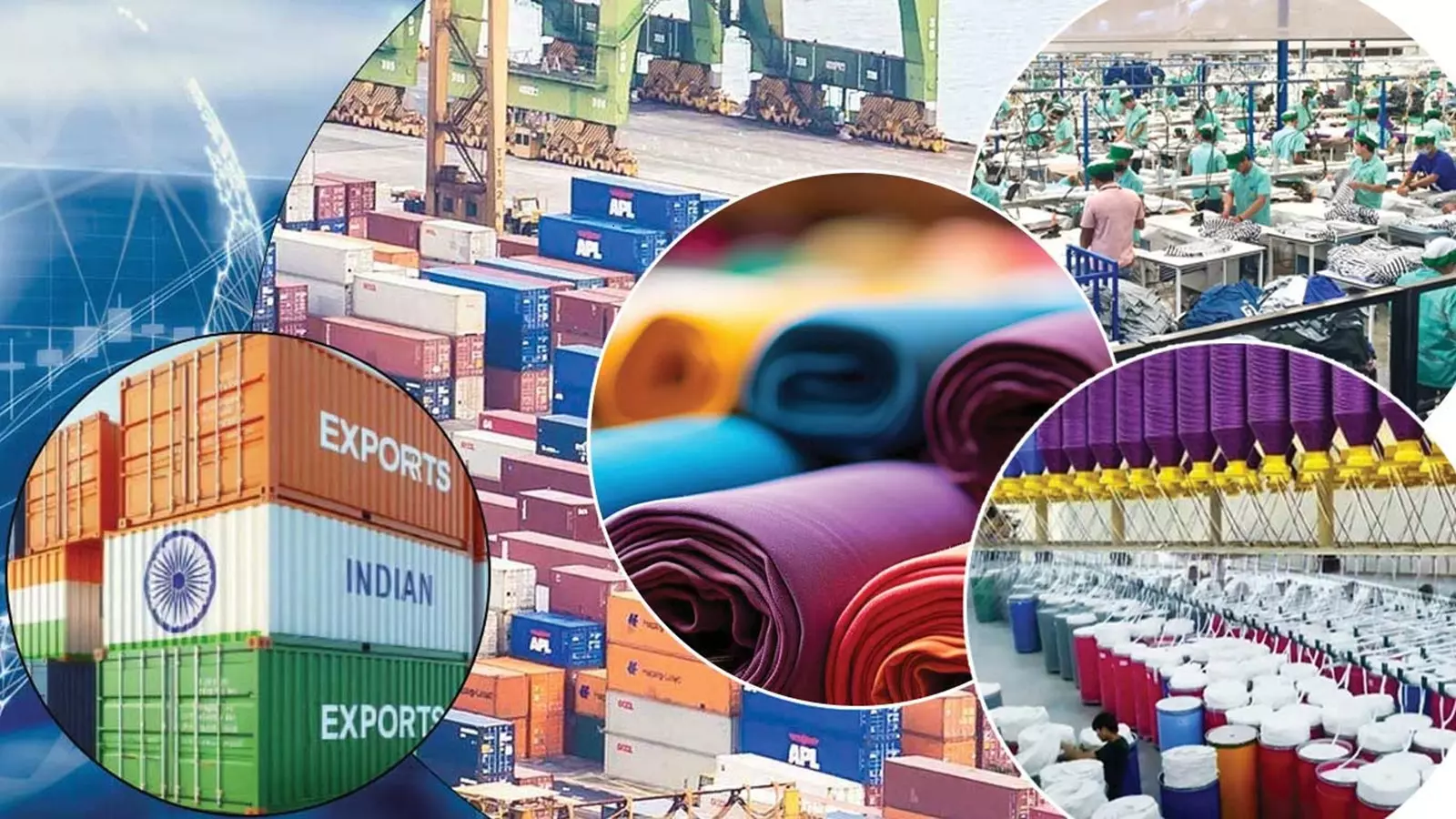

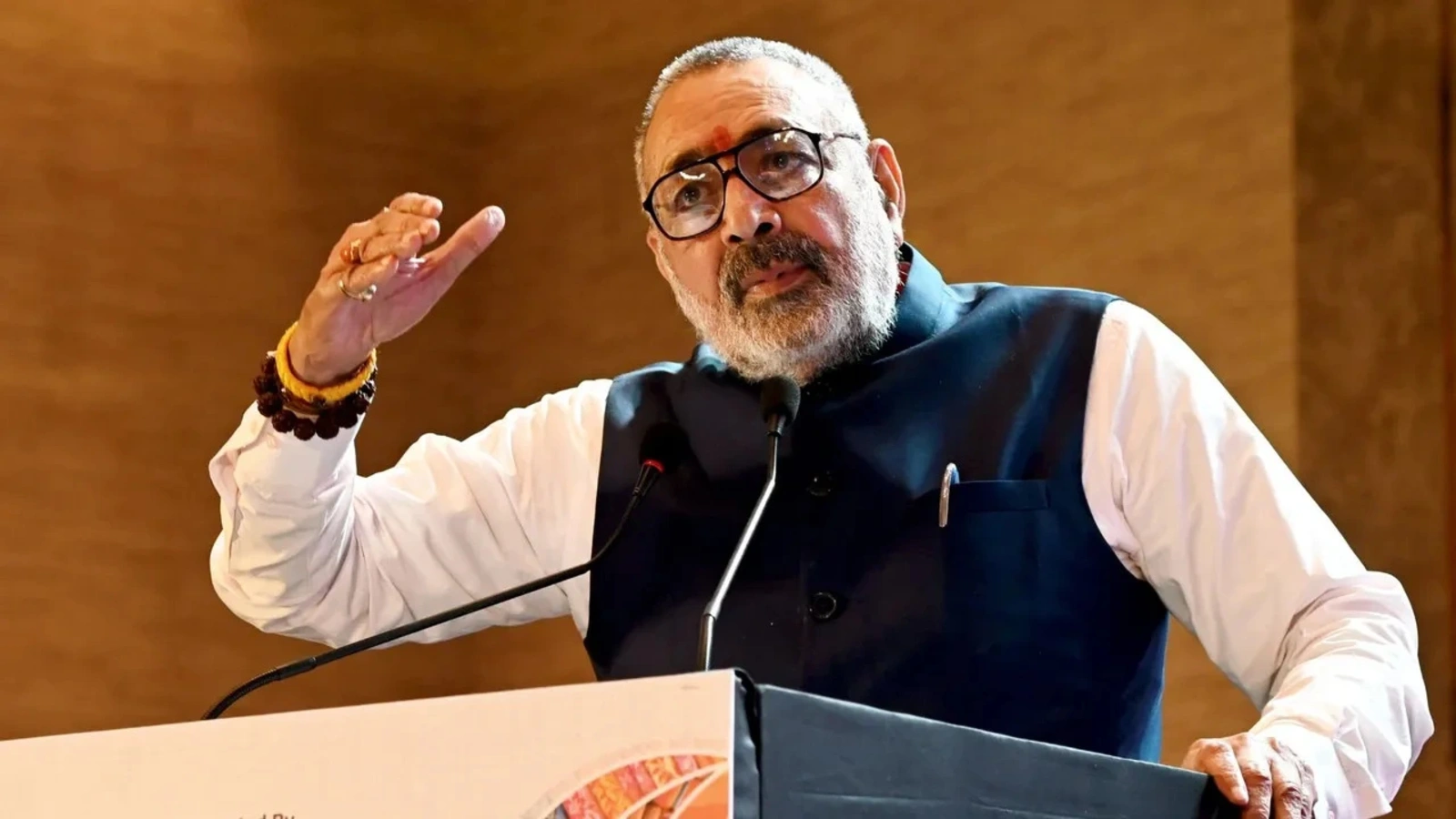
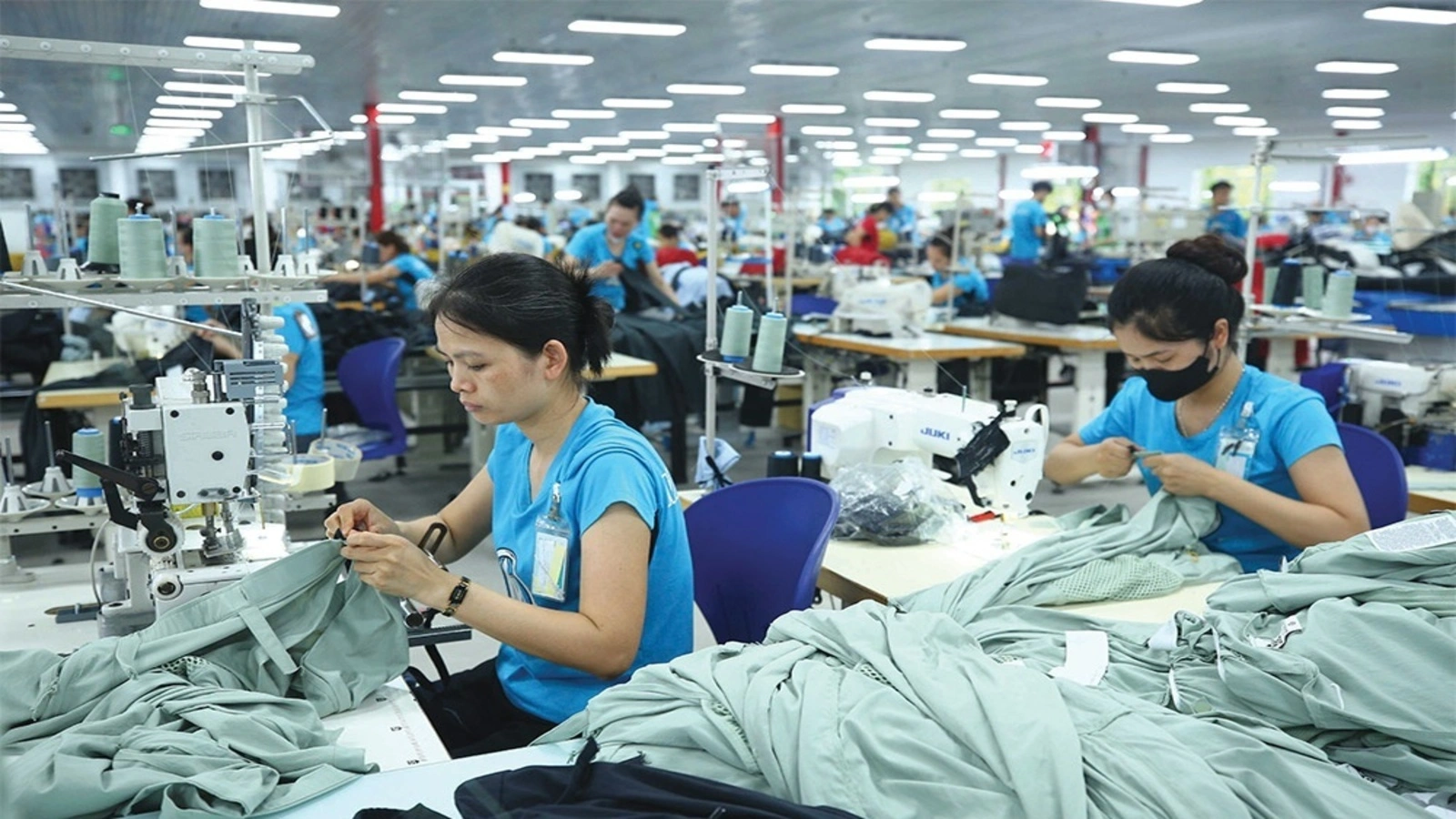
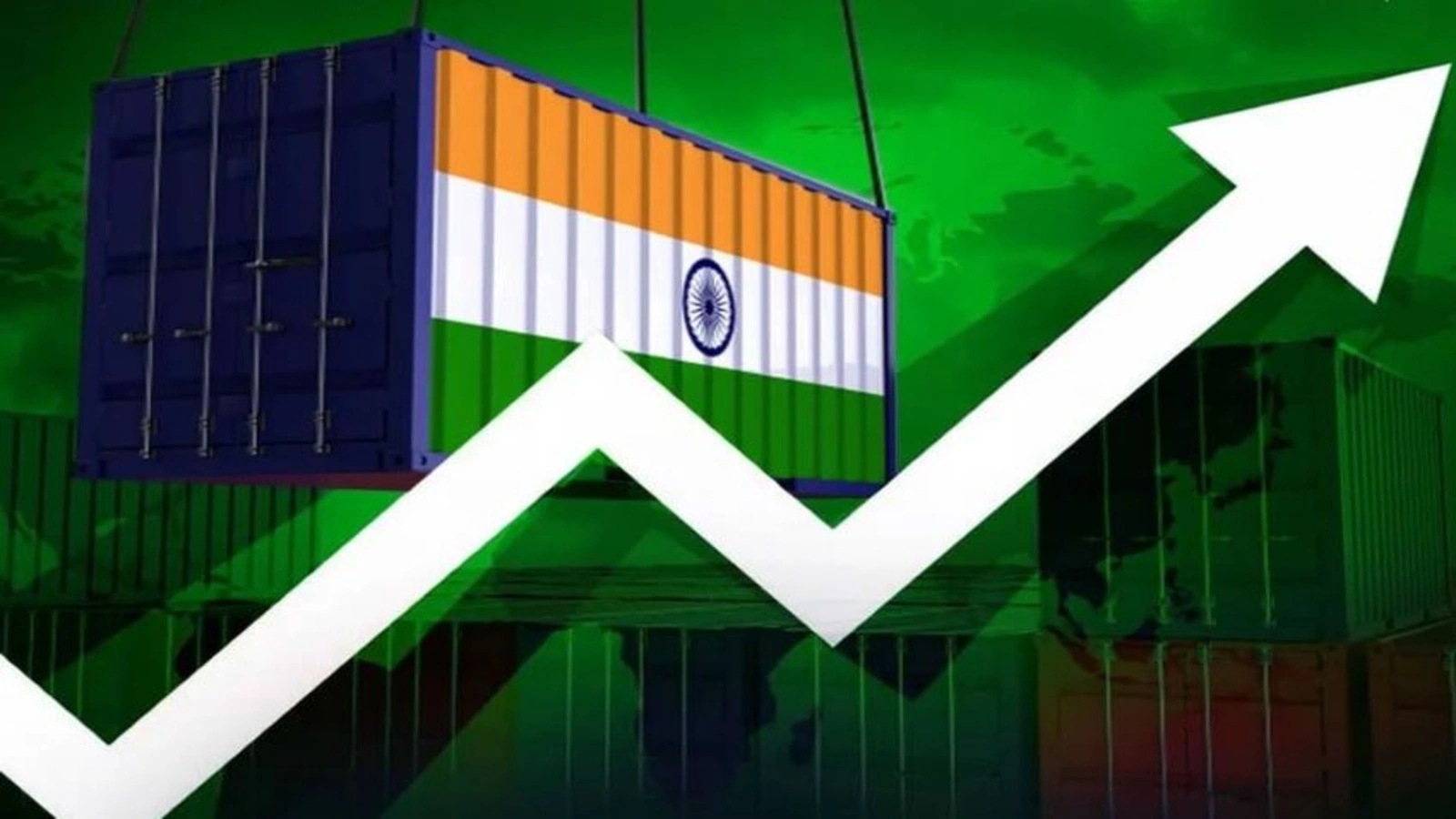
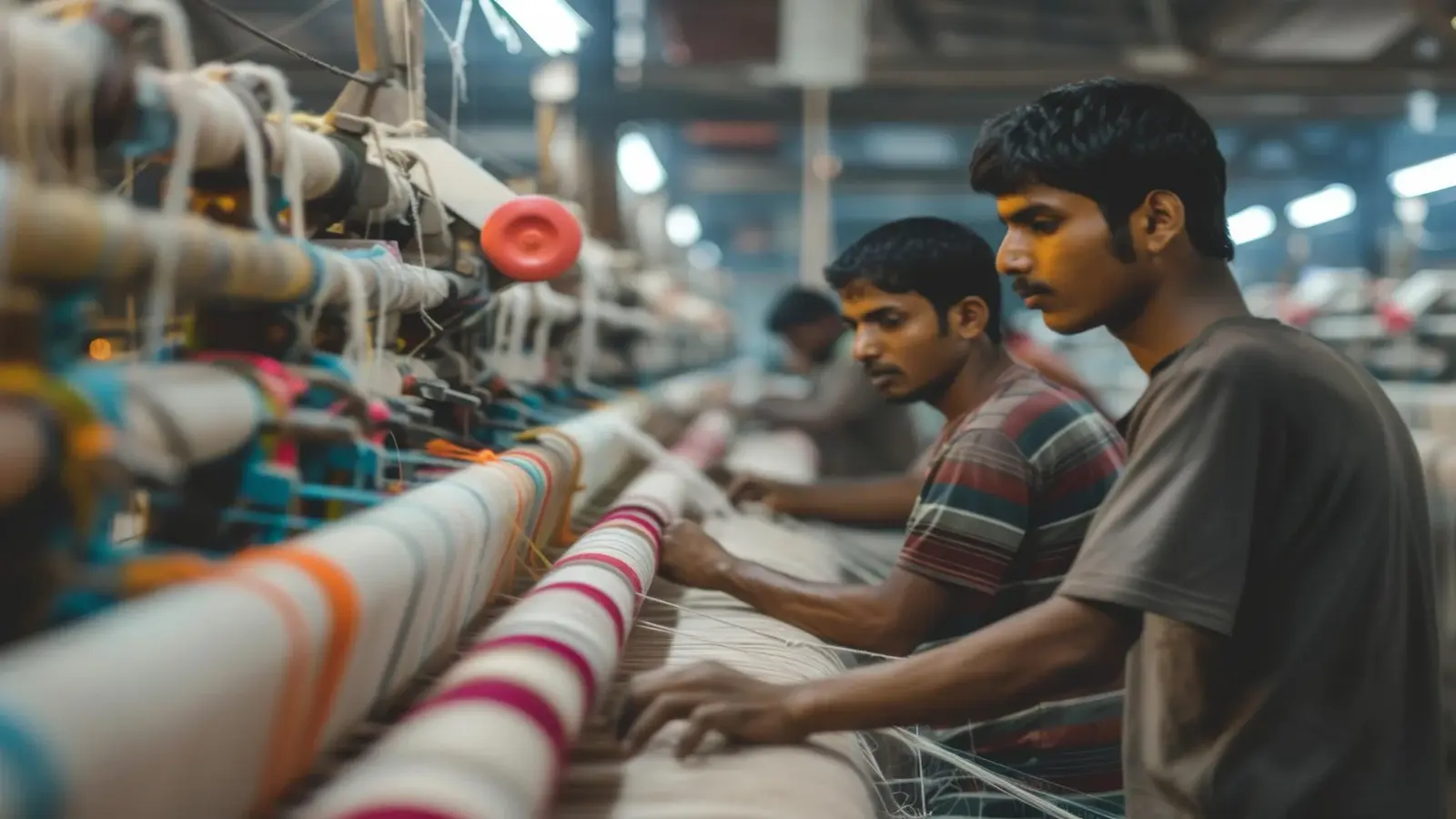
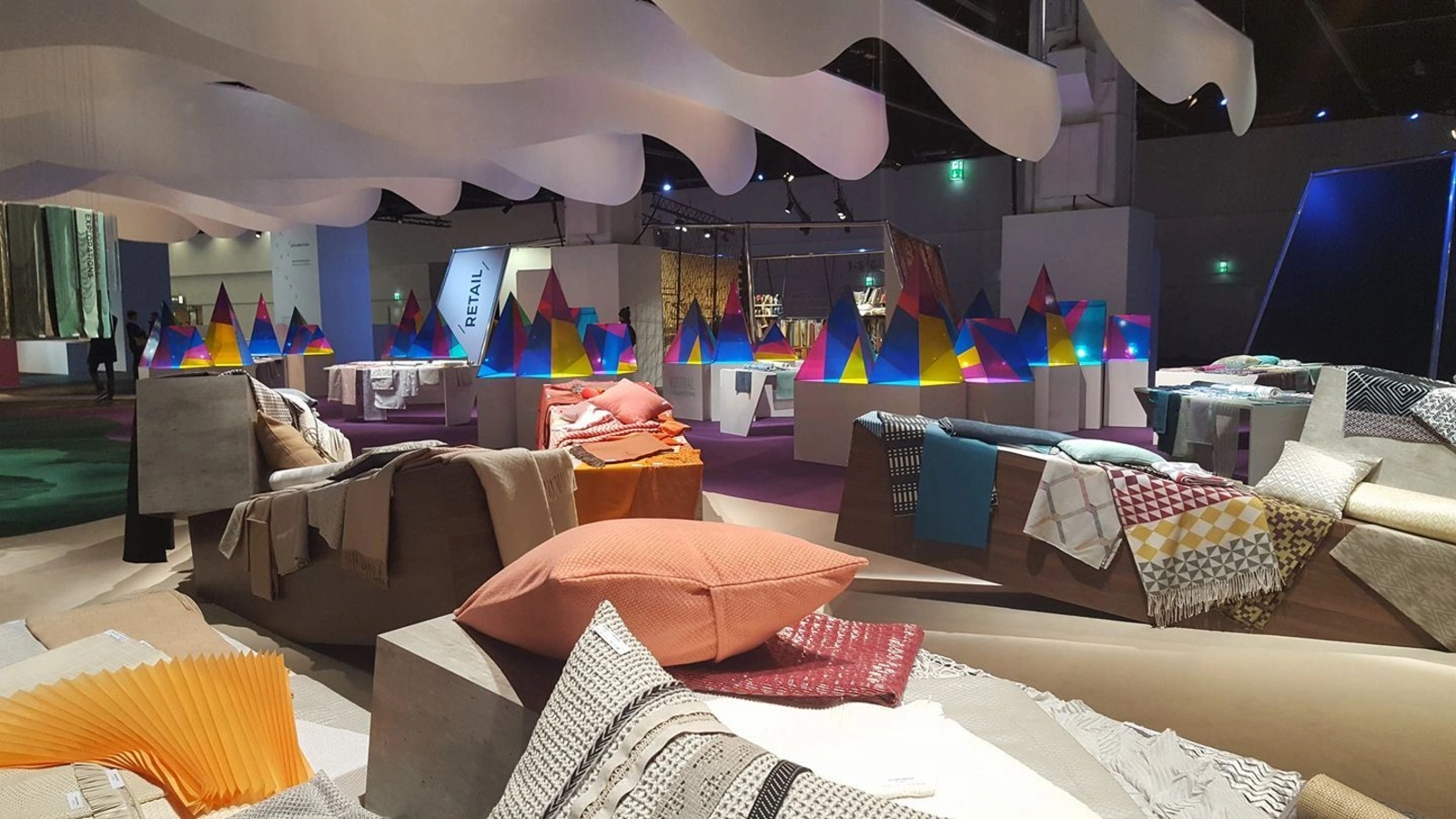
1.webp)
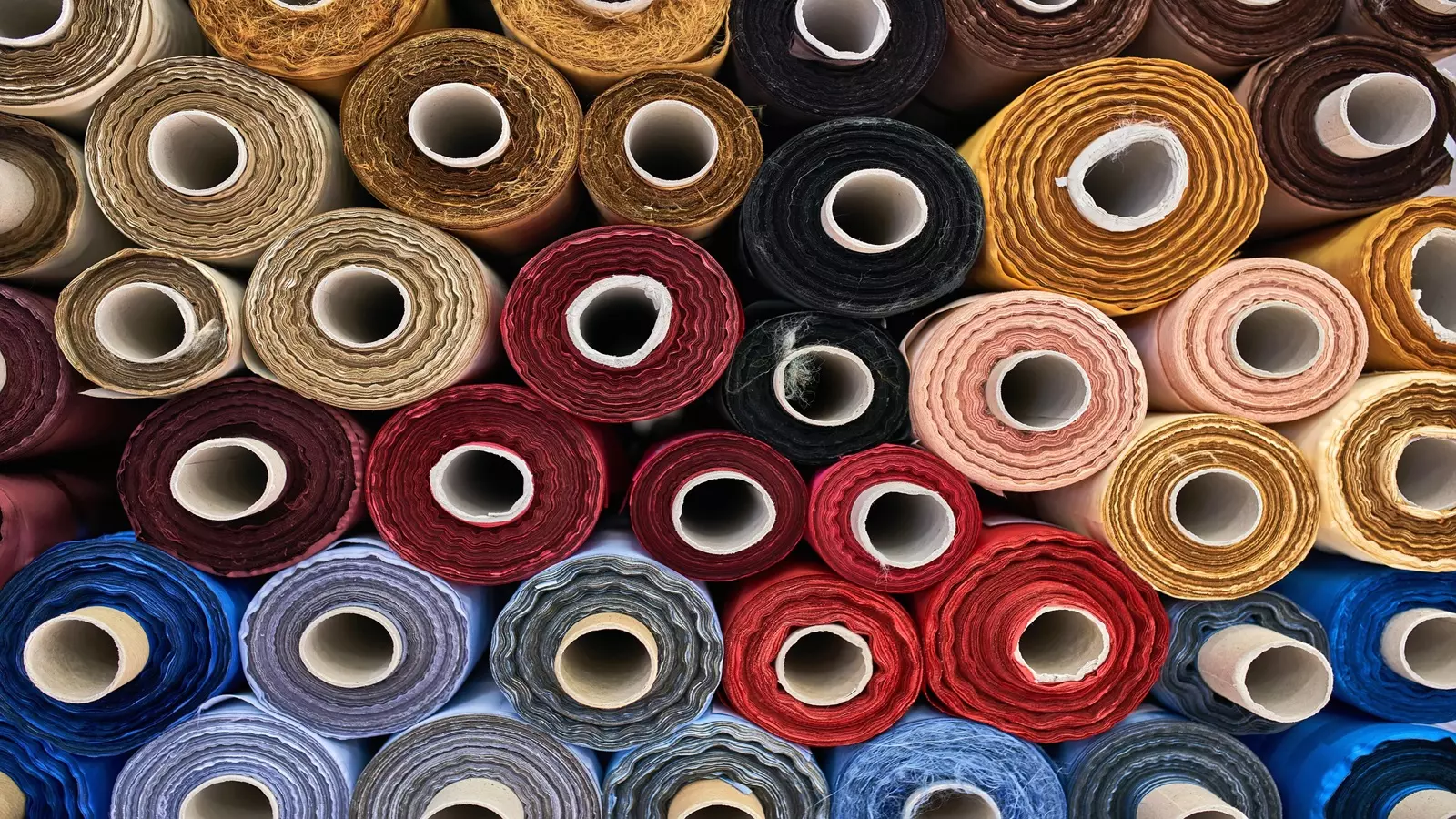





1.webp)

1.webp)
1.webp)
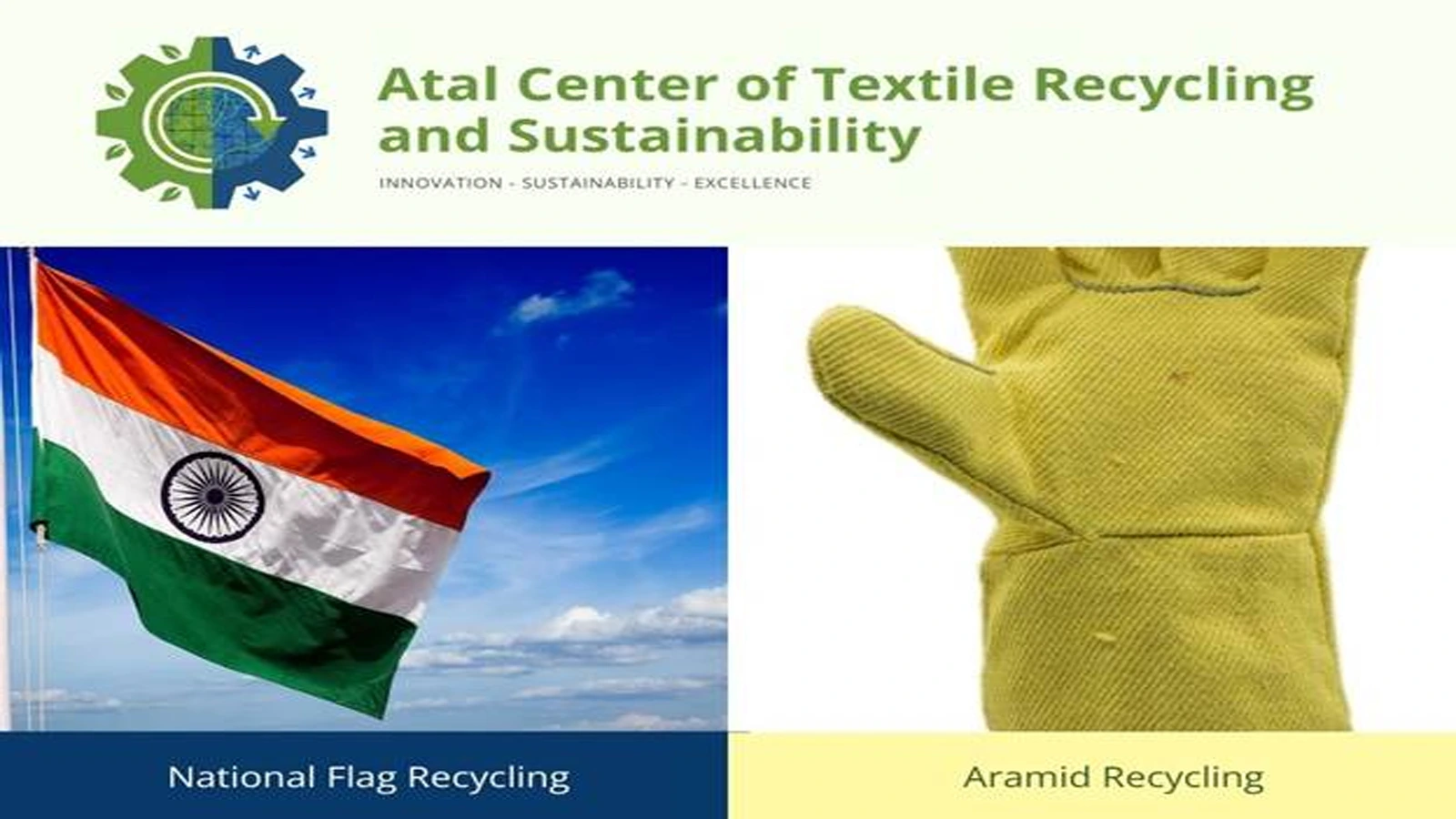
1.webp)

1.webp)

.webp)

1.webp)
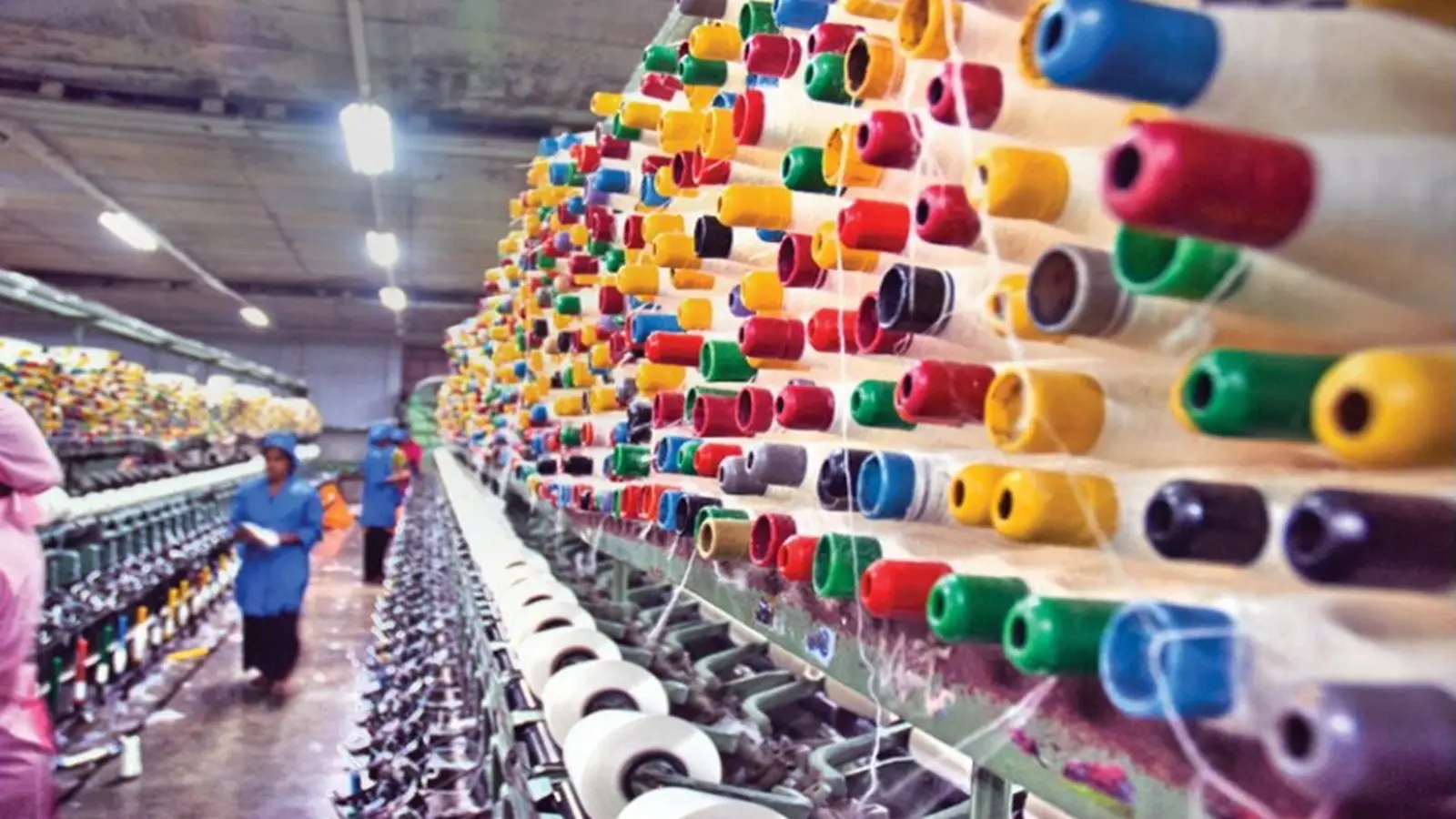
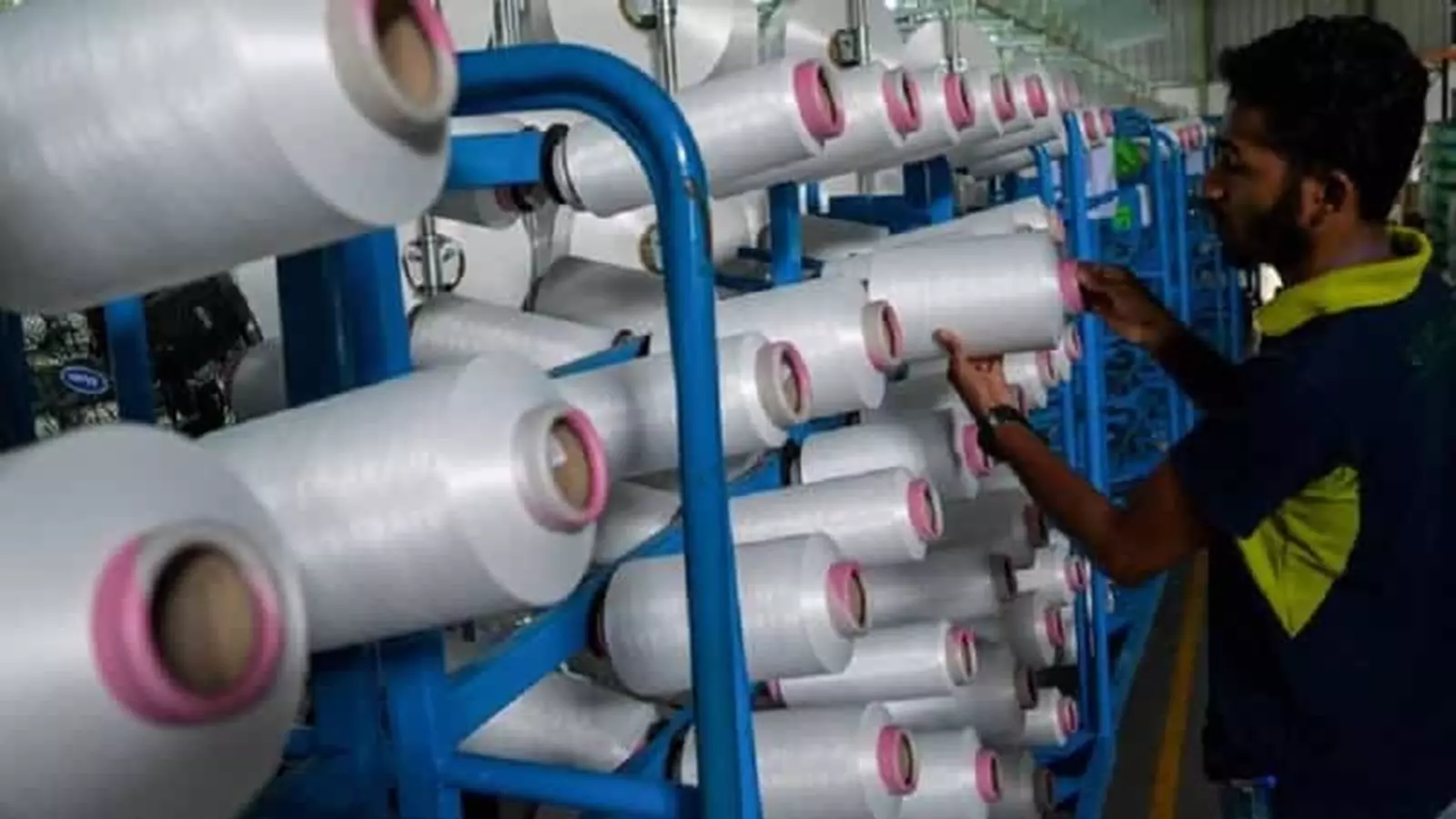

1.webp)






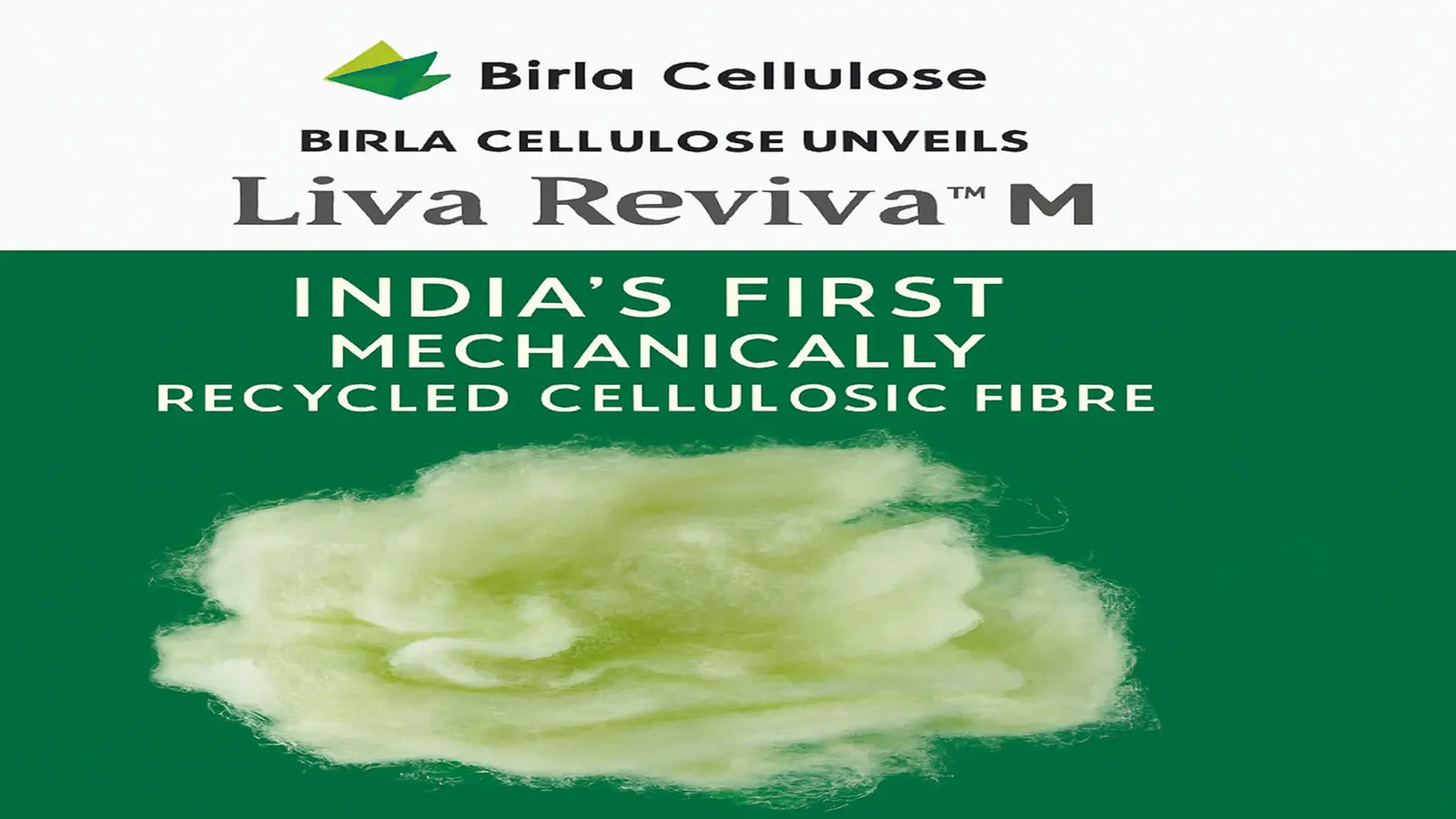
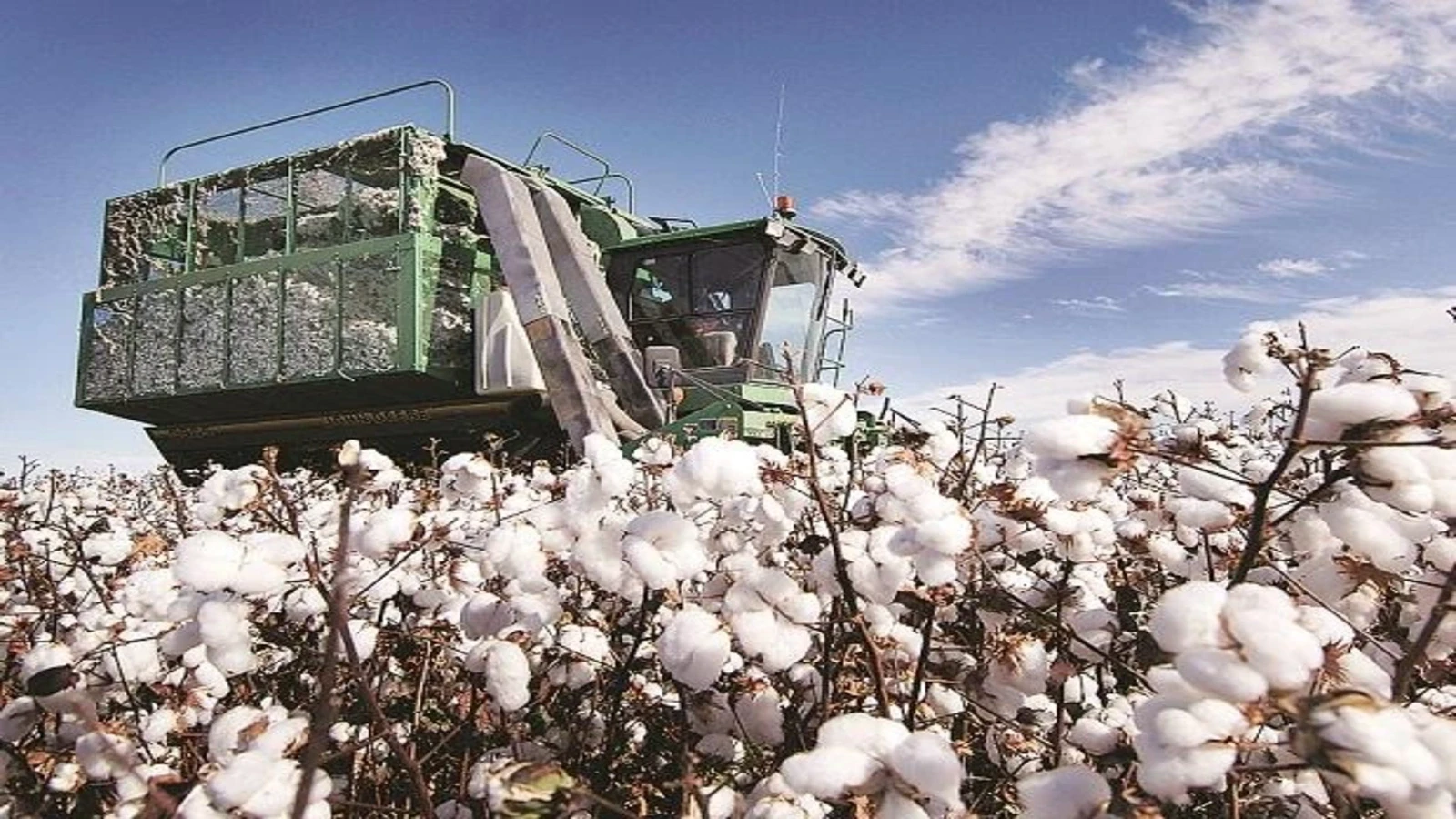
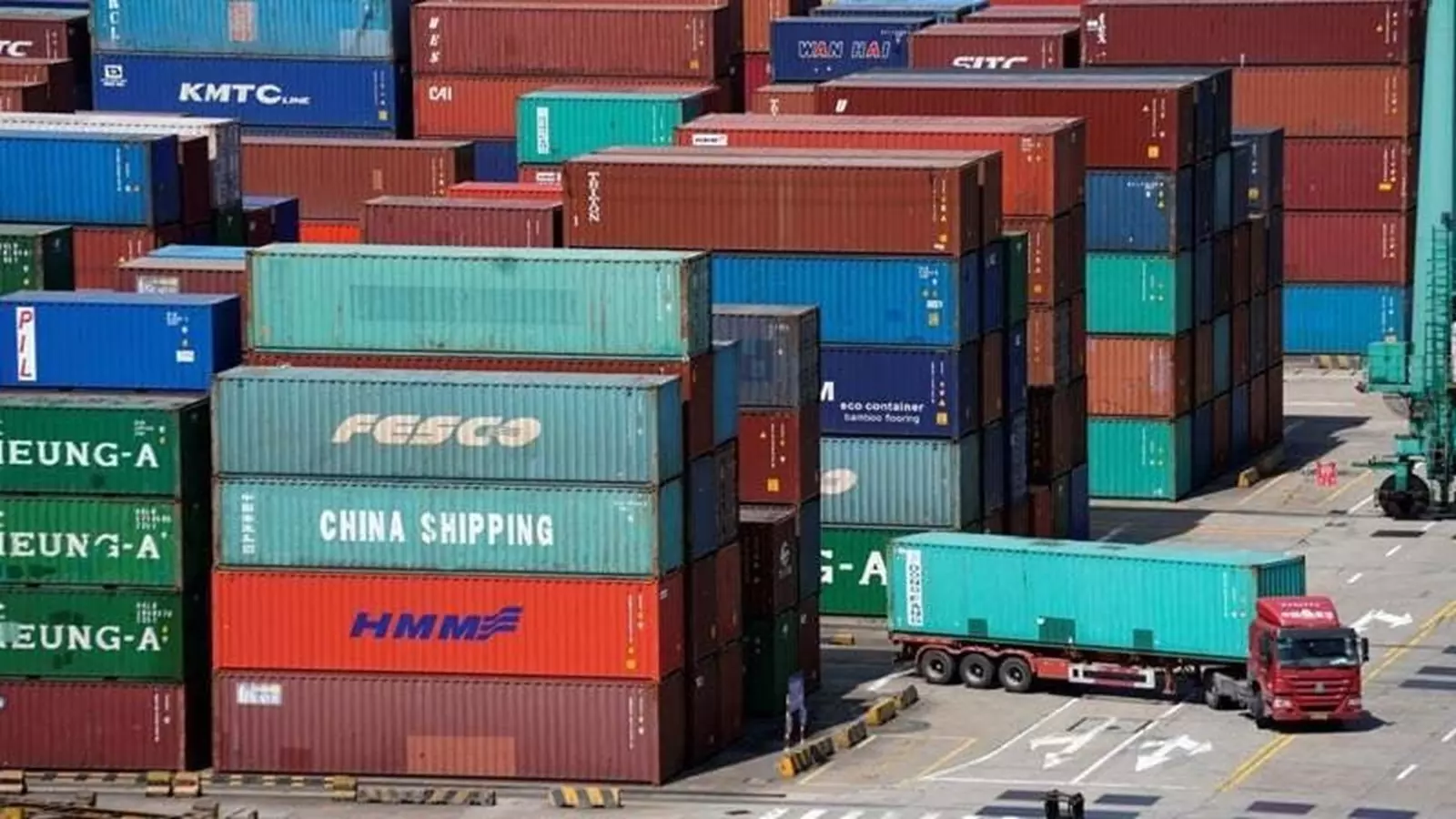
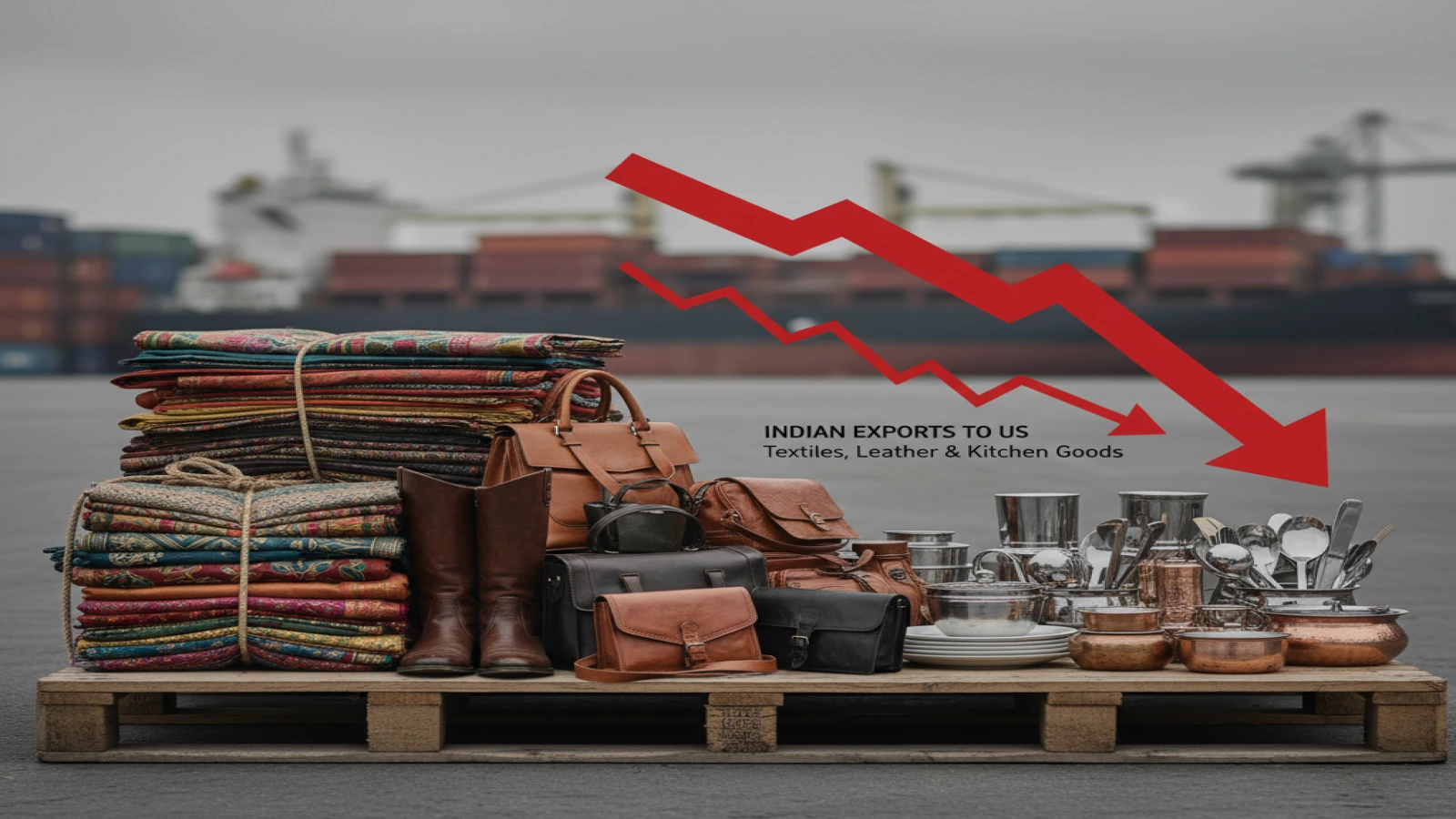
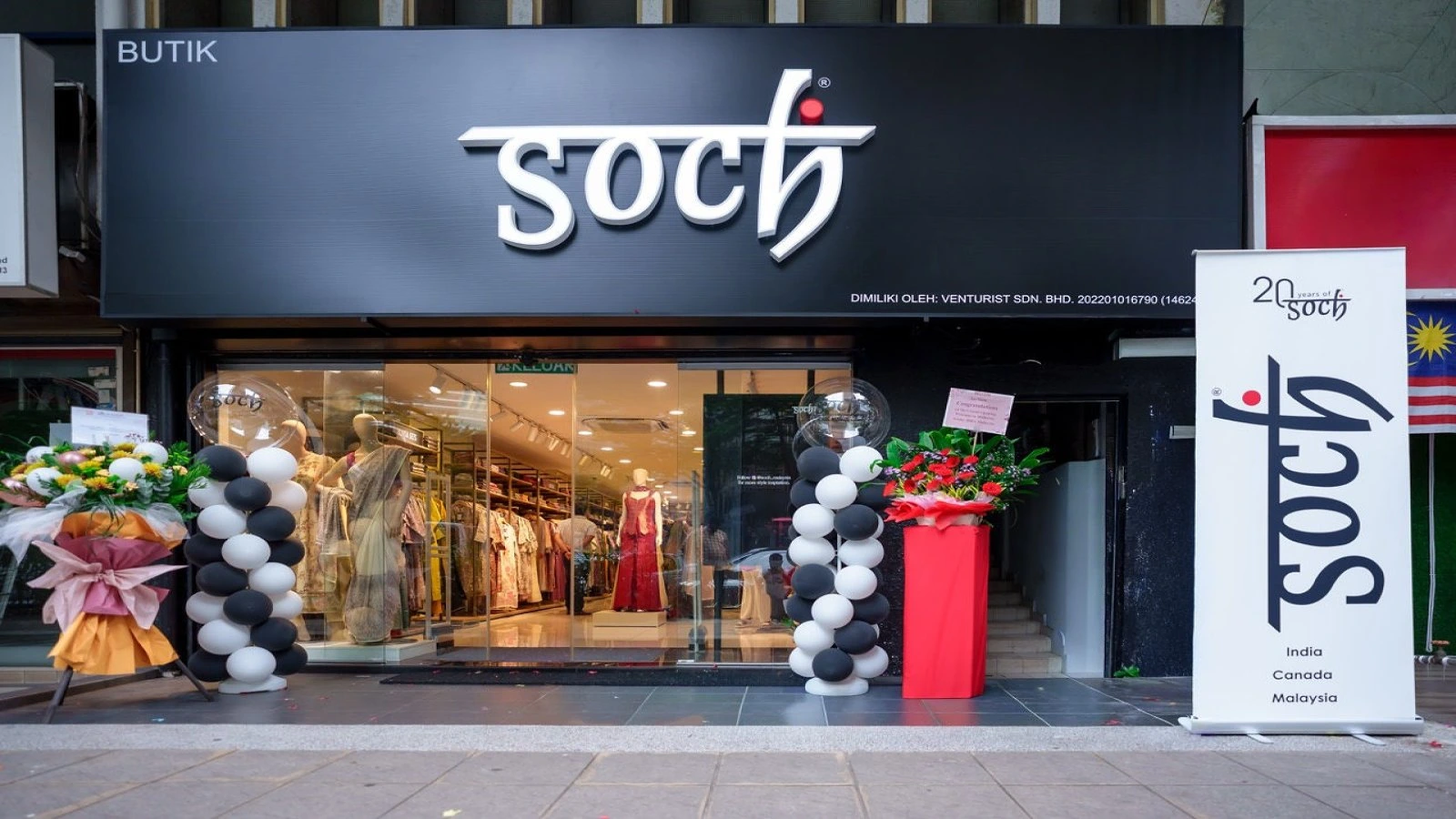
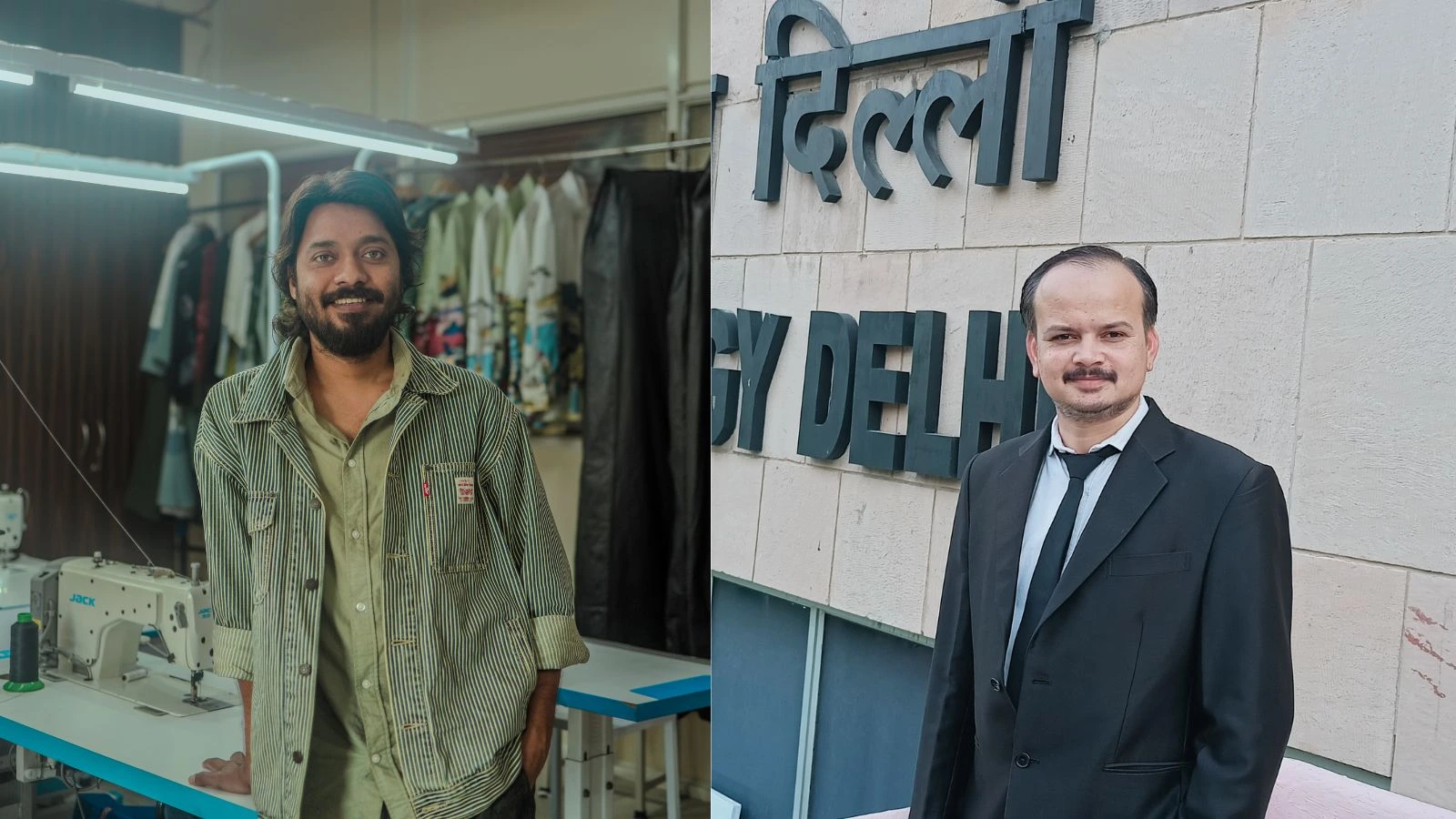

1.webp)

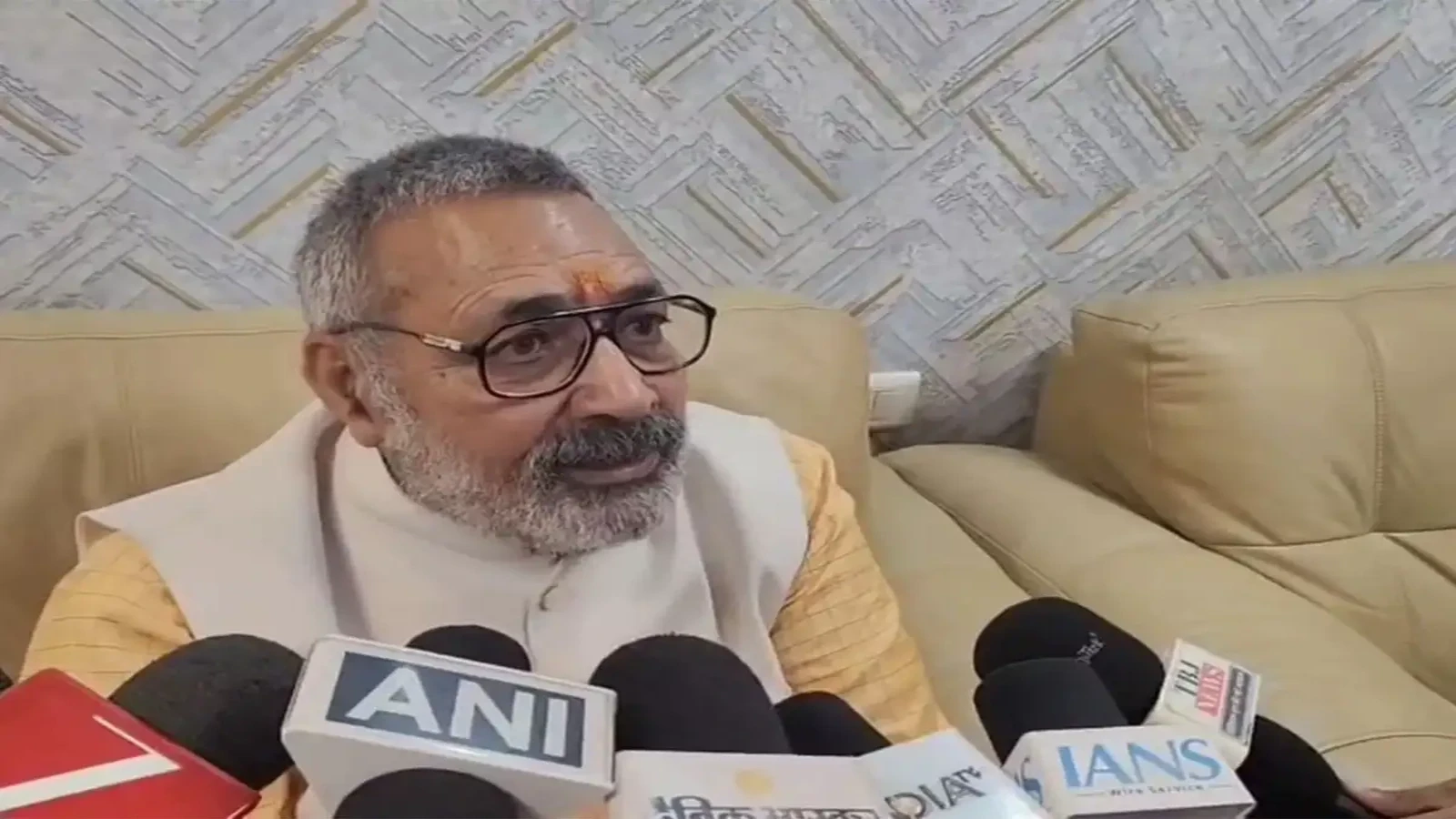

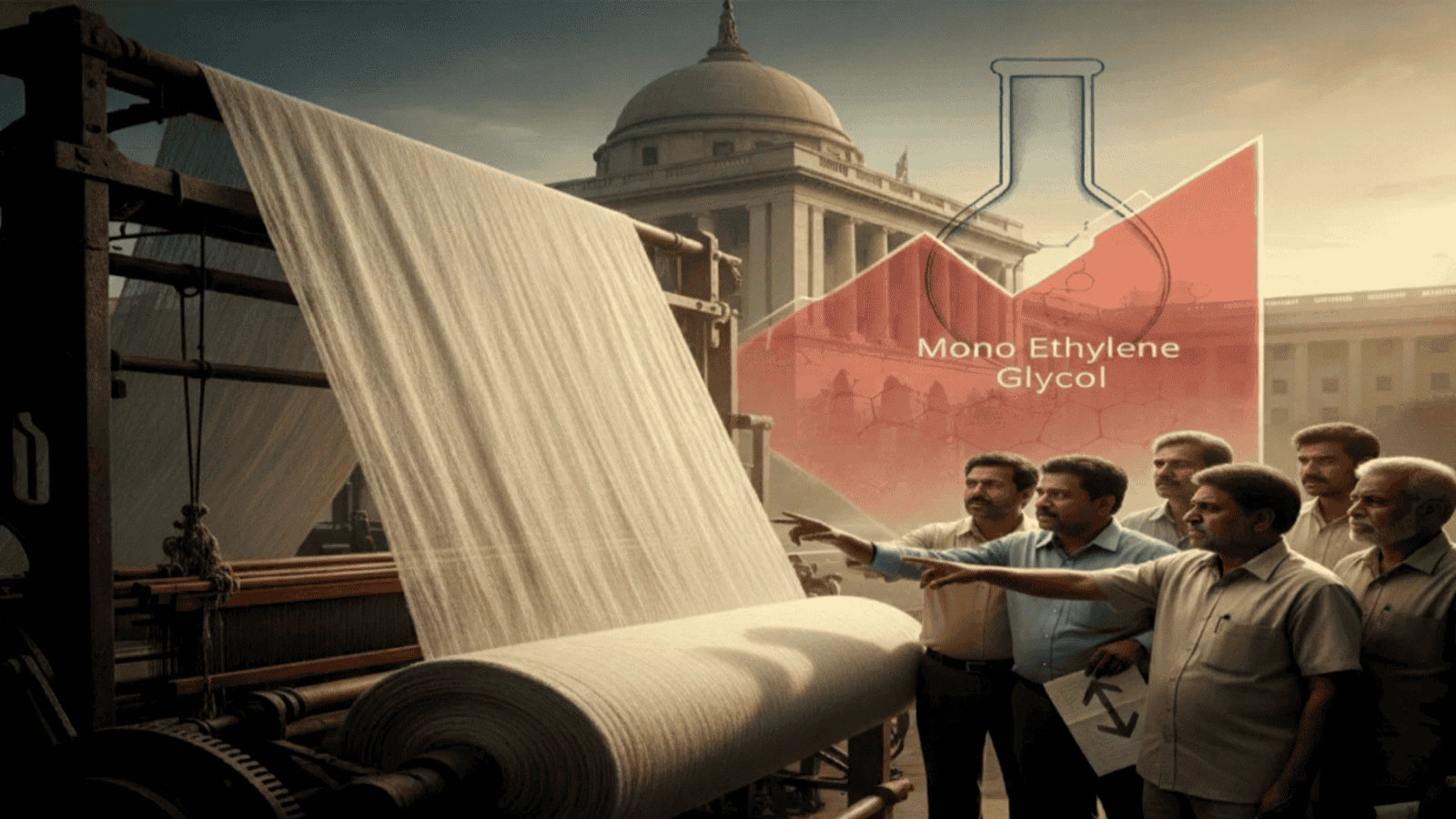

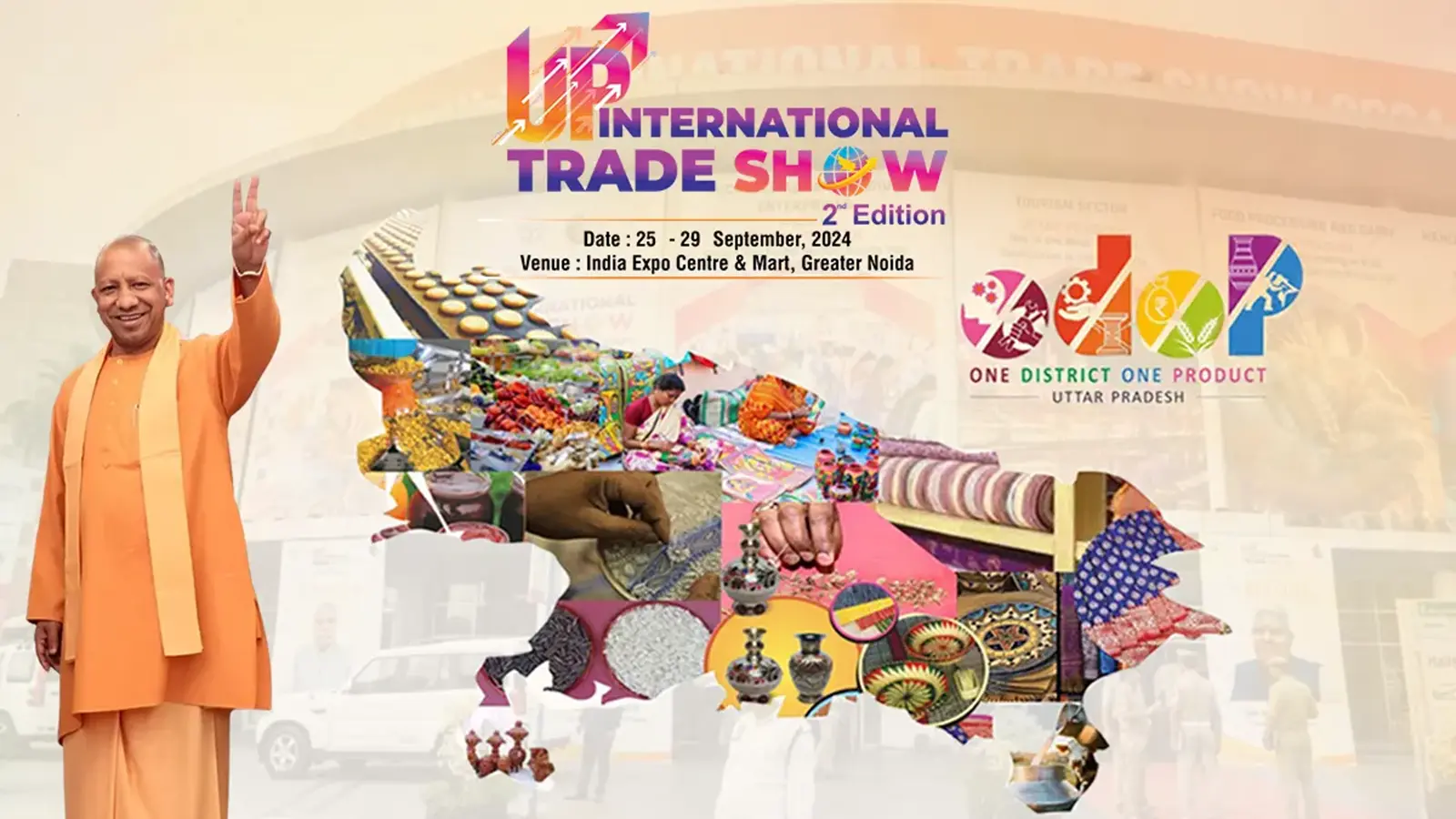
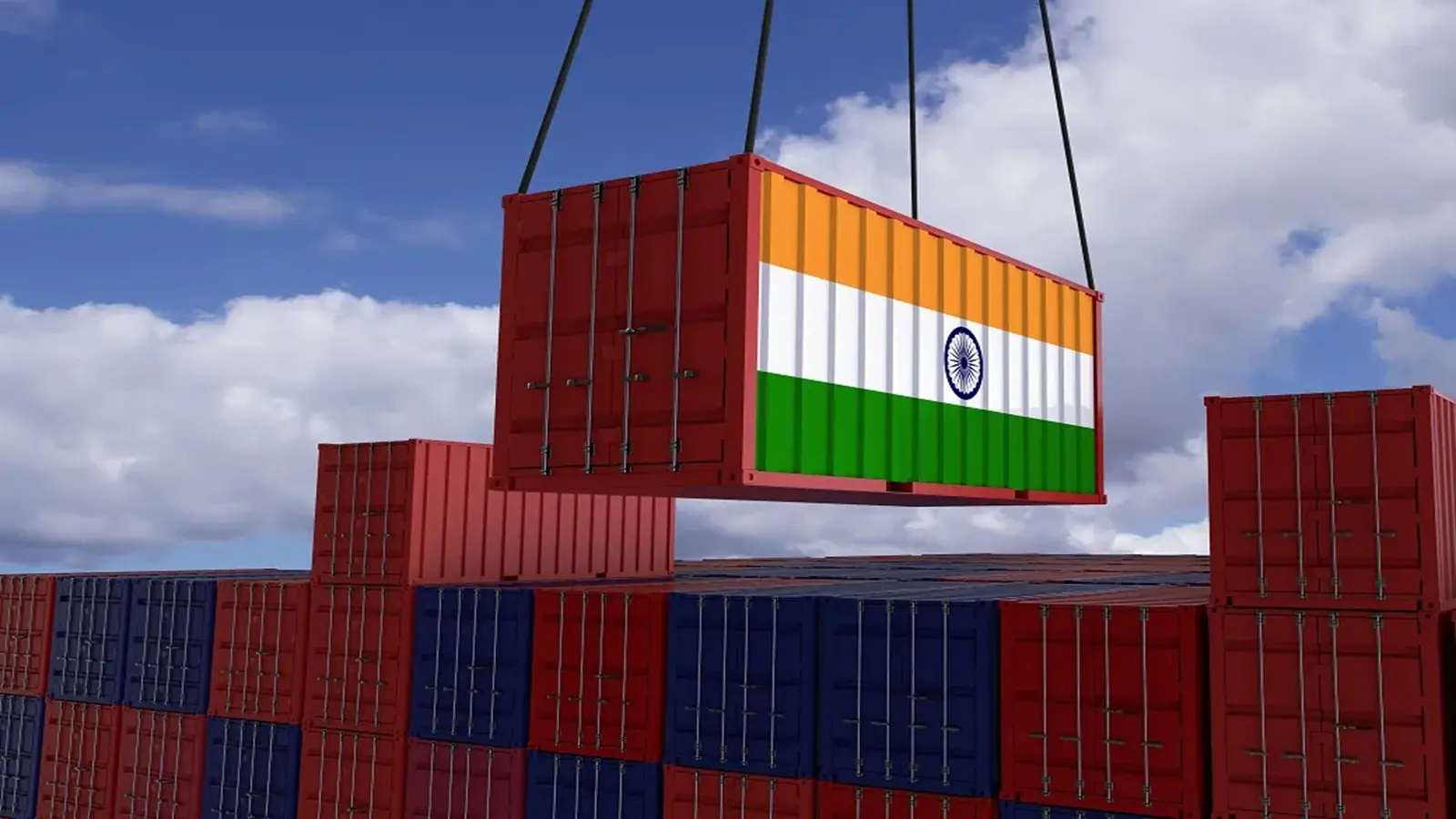
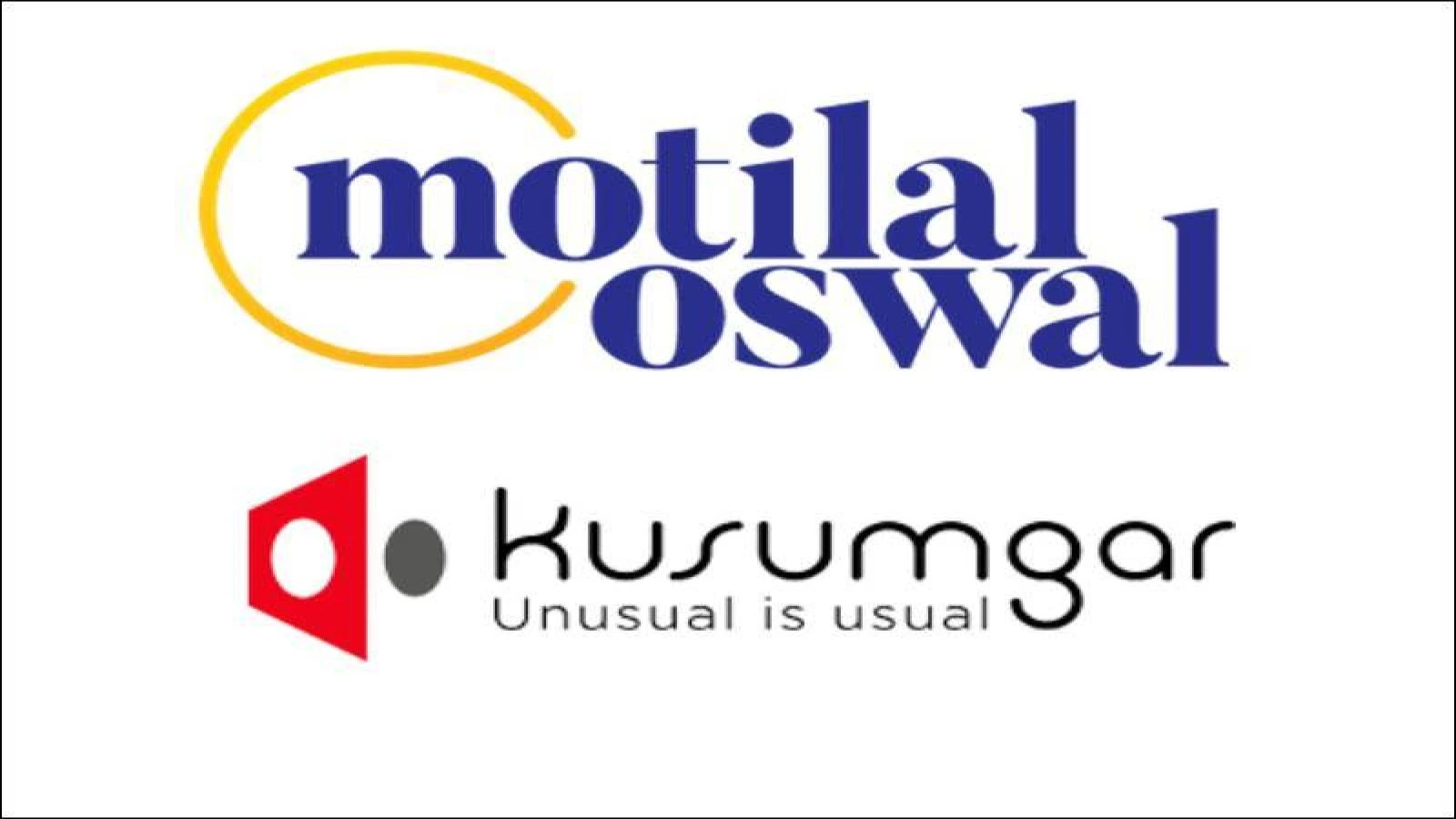
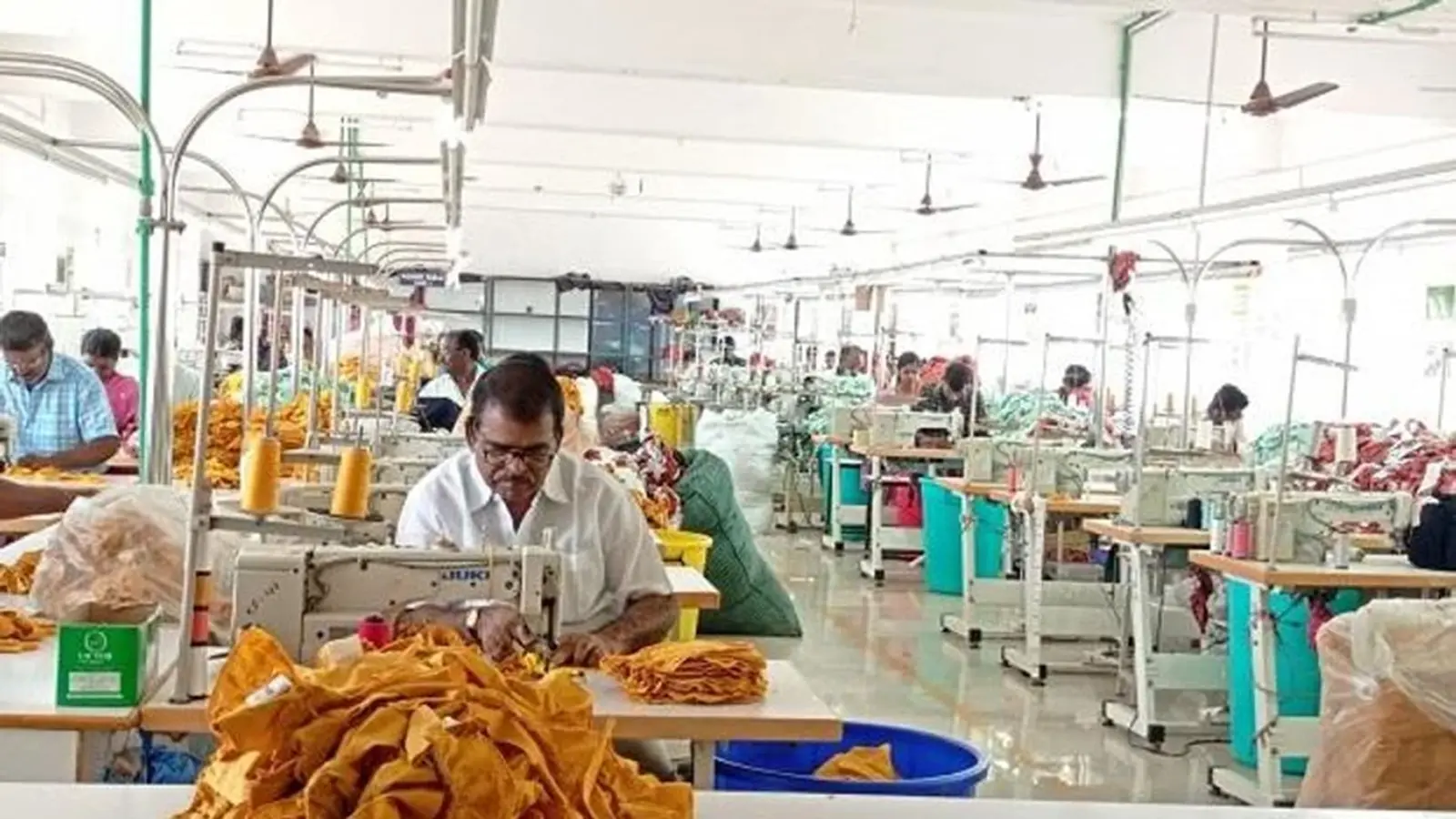
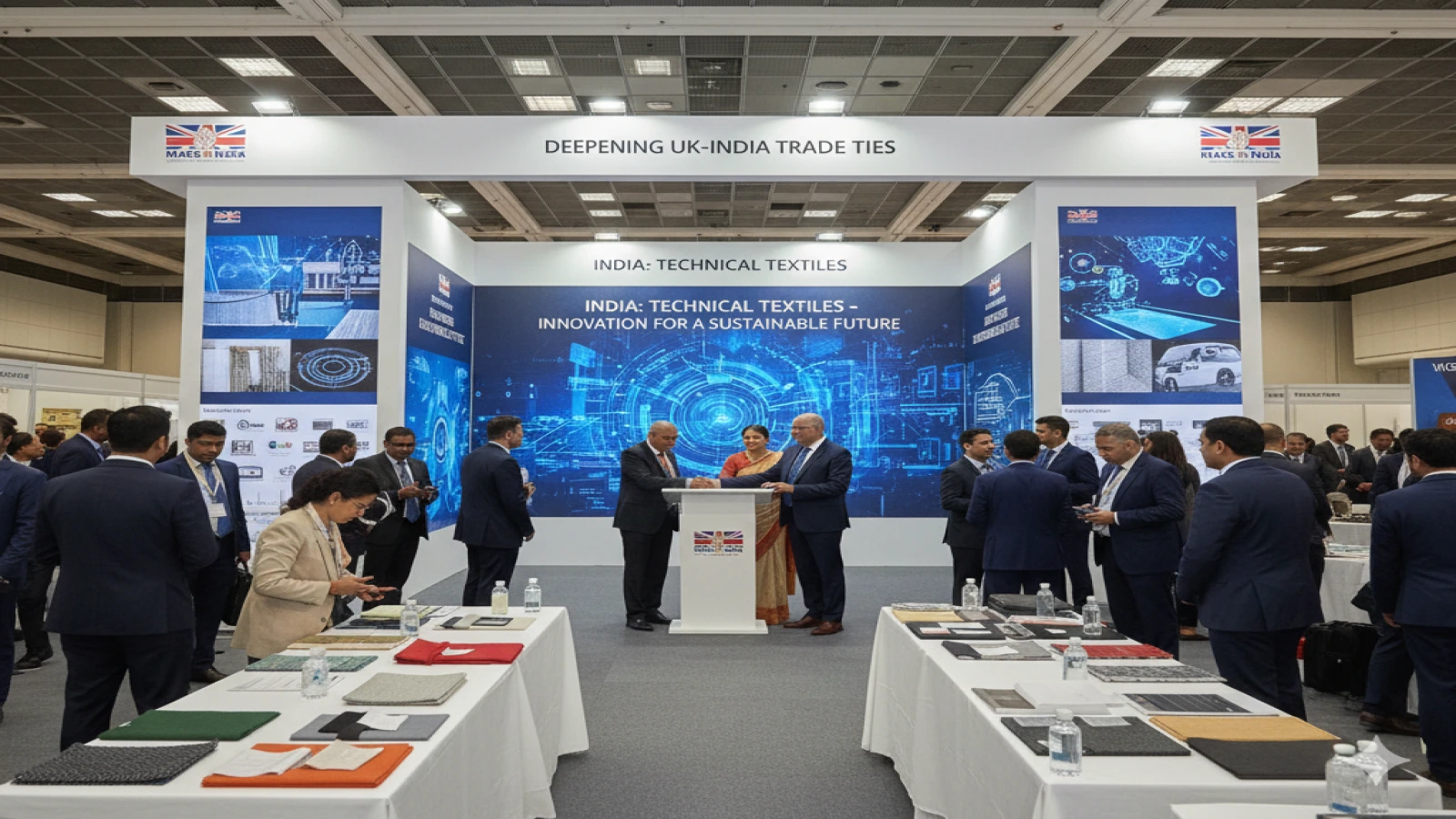


1.webp)


1.webp)

























1.webp)






















1.webp)





1.webp)
1.webp)














1.jpg)






















1.jpg)




























_large1.jpeg)

























































.png)










.jpg)
.jpg)
.jpg)










1.jpeg)